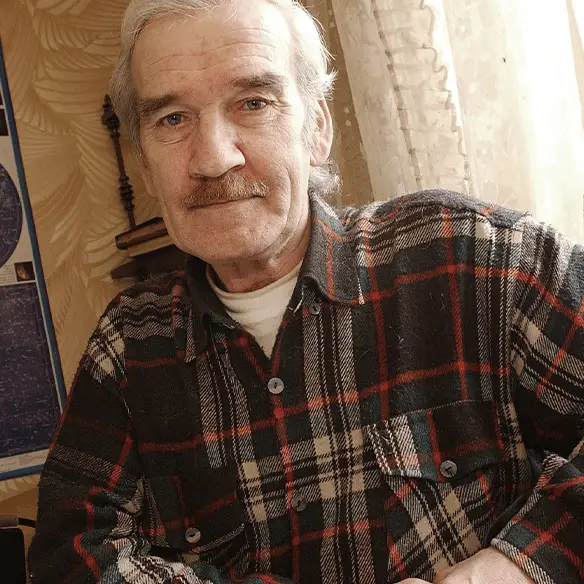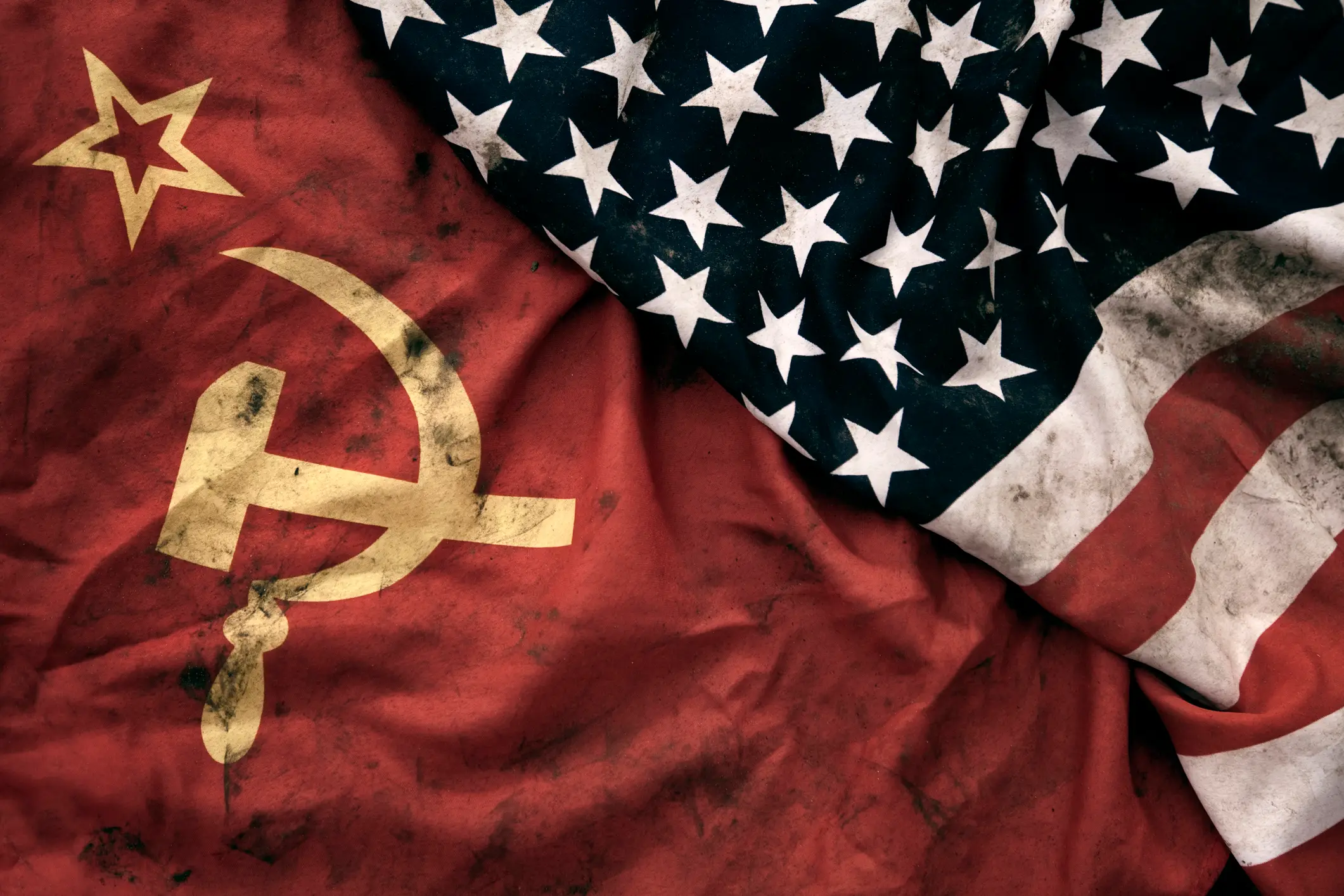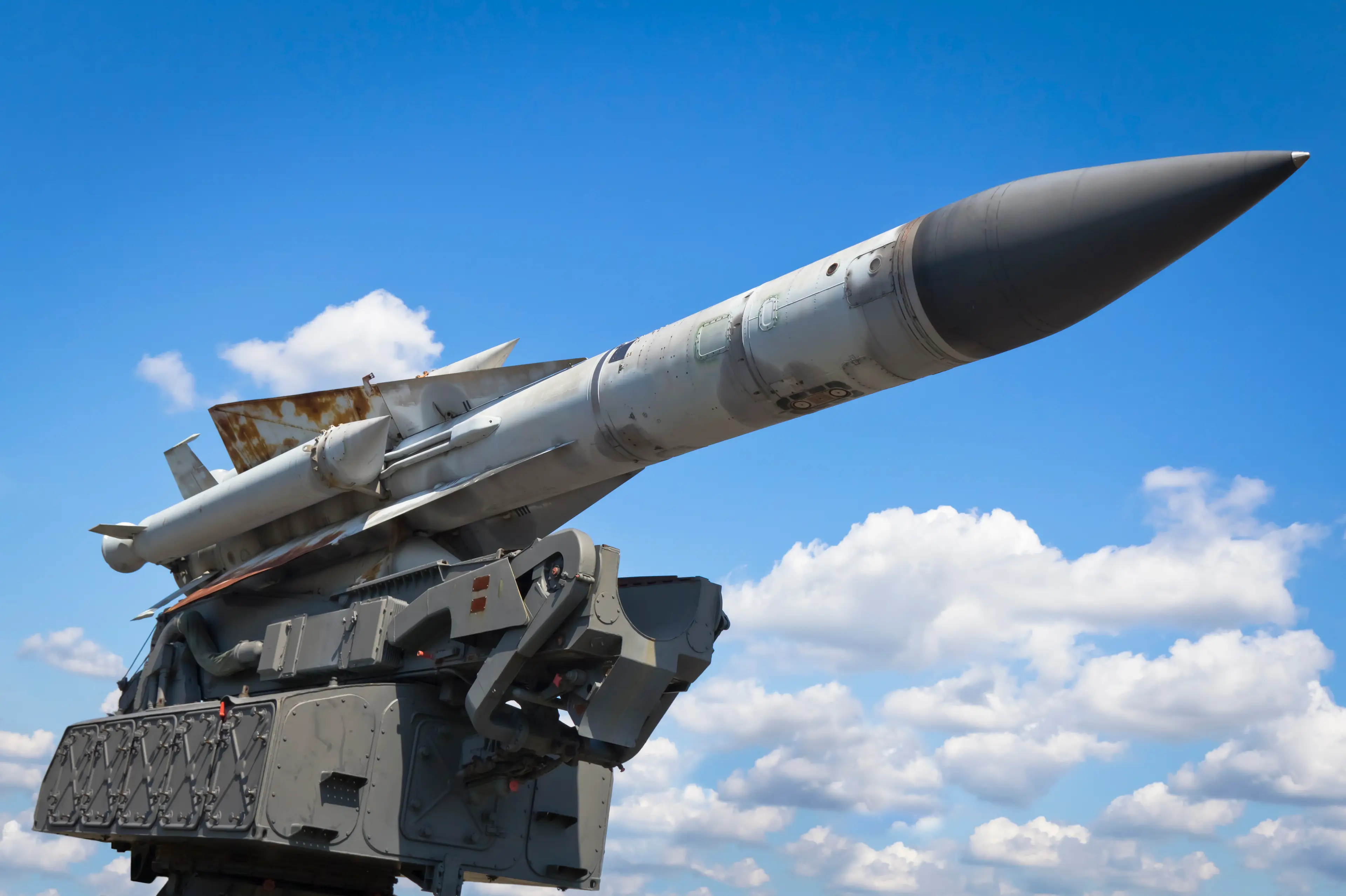
For those of us who didn't really live through it, it's easy to underestimate just how close the world was to a truly disastrous situation at the peak of the Cold War.
With tensions boiling over at times and everyone living in fear of the possibility of nuclear war, it was a pretty terrifying time.
One of the most famous and scary episodes in this behind-the-scenes escalation came between 1981 and 1983, when the world's fate hung on a knife edge.
In 1981, the Russia became so afraid of a pre-emptive strike by the US with its nuclear arsenal, General Secretary Leonid Brezhnev and KGB chairman Yuri Andropov began Operation RYaN (Nuclear Missile Attack), a huge surveillance operation.
Advert

Things only got more tense from there, as the US started to fly its planes briefly into Russian airspace to test their defences and remind them of the threat they carried, while the Russian authorities invested more and more in both defence capabilities and its own missile armada.
It was in this atmosphere that, on 21 September 1983, the Soviet Orbital Missile Early Warning System (SPRN) reported that a single intercontinental ballistic missile was on its way from the US to Russia.
The officer on duty that night was Lieutenant Colonel Stanislav Petrov, and he might just have saved the world by remembering a key detail from his training.
Intelligence suggested that if the US launched a real attack, it would be with at least three missiles, but only one was apparently incoming, which didn't seem right to Petrov.

Petrov made the unbelievably brave decision to label the data as a false alarm, and didn't alert his superiors, a judgment that would quickly be proved correct as no missile actually entered Russian airspace.
Petrov told the BBC's Russian Service in 2013: "I had all the data [to suggest there was an ongoing missile attack]. If I had sent my report up the chain of command, nobody would have said a word against it."
He added: "The siren howled, but I just sat there for a few seconds, staring at the big, back-lit, red screen with the word 'launch' on it.
"There was no rule about how long we were allowed to think before we reported a strike."
Instead, Petrov reported a system malfunction, and realized he'd been correct when nothing happened after half an hour. This wasn't the only time there were near misses during the Cold War, but it was one of the closest, and a reminder that sometimes it only takes one person to avert catastrophe.